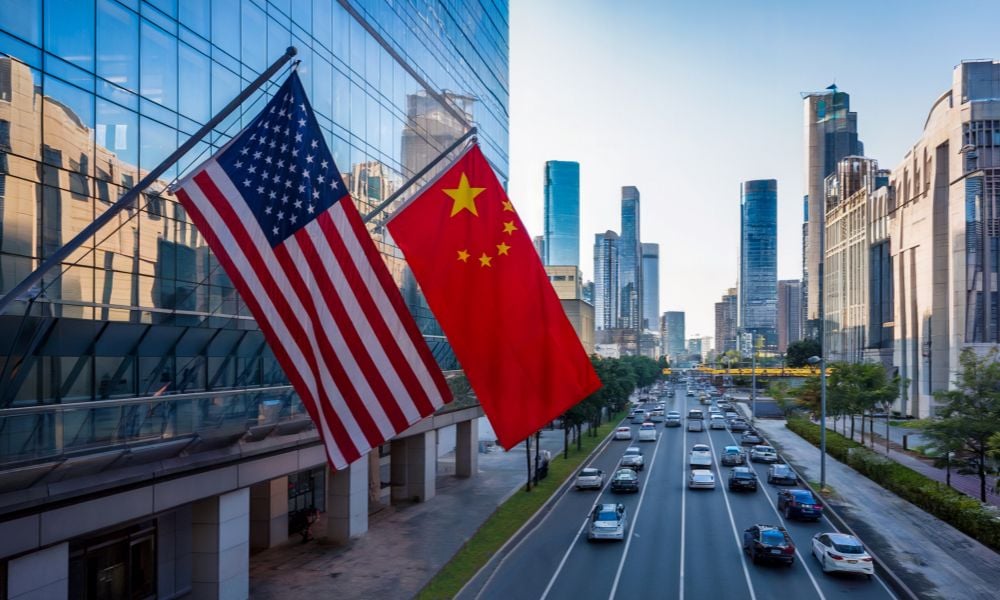
Policy covers government personnel, family members, contractors with security clearances

Government personnel in the United States have been banned from having romantic and sexual relations with Chinese citizens or they risk getting ordered to leave the country, according to reports.
The ban, known as a "non-fraternisation" policy, is implemented for American government personnel in China, as well as family members and contractors with security clearances, The Associated Press reported.
The AP, citing four anonymous sources, reported that the ban covers US missions in mainland China, including the embassy in Beijing and consulates in Guangzhou, Shanghai, Shenyang, and Wuhan. It also includes the American consulate in Hong Kong.
Exemptions may be requested by employees who already have pre-existing relationships with Chinese citizens, according to The AP's sources. However, they must end their relationship or leave their position if their request is denied.
The ban is an expanded policy implemented by former US Ambassador Nicholas Burns before he left his post in January 2025.
Previously, government employees were only restricted from having romantic and sexual relations with Chinese citizens who were working as guards and other support staff at the US Embassy and five consulates. This policy was implemented only in 2024.
The expanded rule comes after members of Congress last year expressed concerns to Burns that the previous prohibitions were not stringent enough, according to two AP sources, as cited by the news outlet.
It is not uncommon for American personnel in other countries to date and marry locals, the AP said.
In China, government employees were not previously restricted from having intimate relations with Chinese citizens. However, they were required to report this contact to their supervisors, according to the news outlet.
The implementation of the "non-fraternisation" policy in China by the US reflects the growing tensions between both countries as of late.
The US, along with other countries across the world, previously implemented a ban on TikTok amid concerns over its possible data collection by the Chinese government through its China-based parent company, ByteDance.